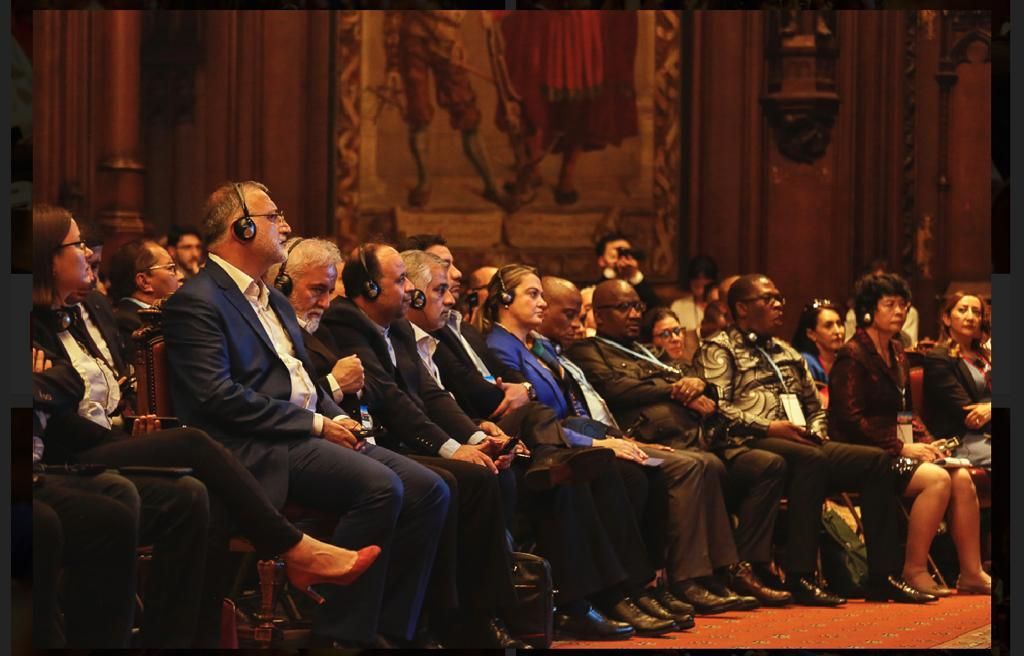The Brussels City Hall set the stage for an engaging and thought-provoking closed debate organized by Metropolis, marking the beginning of the “urban week” with the Brussels Urban Summit. The event delved into the pivotal role of public spaces, greenery, and nature in our cities.
The Mayor of Brussels, Philippe Close, in his opening speech, highlighted the special role cities play in combatting climate change. He stressed the importance of cities adapting to the impacts of climate change while actively mitigating its consequences. “We are facing constraints, but we are going beyond them to explore the resources we have,” Mayor Close asserted.
Cities have long been hotbeds of innovation and catalysts for change. The Mayor of Bogotá, Claudia López, echoed this sentiment, emphasizing the central role that cities hold as leaders of change. She urged a paradigm shift, advocating for cities to be purposely designed as places built for people rather than merely serving as gathering centres out of necessity. She reinforced that “taking care of people is an essential condition to be sustainable in this century.”
The Secretary General of Metropolis, Mr. Jordi Vaquer, underscored the urgent need for high-quality urban spaces for citizens. He highlighted how the success of the Sustainable Development Goals (SDGs) hinges on the progress made by cities.
The debate featured presentations from Oana Bogdan, architect and the President of the Good Living Committee, and Pascal Smet, Brussels State Secretary for Urbanism and European & International Relations. Representing different facets of the city, Bogdan and Smet provided valuable insights into the convergence of technical expertise and political power within the context of the new Brussels Building Code.
Brussels is on the verge of a transition, introducing groundbreaking reforms, including a reduction in building demolitions. Instead, the emphasis will be placed on renovating existing structures whenever possible, with demolition serving as a last resort.
Bogdan aptly captured the power of urban development, stating, “you have a lot more power than you can imagine. Urban development is a political act. You are all aligned despite all the differences.” Her words resonated with the audience, highlighting the potential for collective action and collaboration in shaping urban landscapes. Smet also stressed that “we are evolving now to a city for people. City life is all about people.”
The debate also delved into the concept of regenerative development, which goes beyond mere sustainability by restoring the relationship between humans and nature. The forthcoming Brussels Building Code will incorporate regenerative principles, with any project requiring a building permit viewed as a regenerative action from the outset.
Mayors from various regions worldwide emphasized the pressing need for resilient, green, and people-centric cities. The vulnerability of cities, particularly those in the Global South, to diverse hazards, both natural and man-induced, was a focal point. The mayors called for enhanced mechanisms to share experiences and innovative solutions, fostering a global network of urban resilience.

